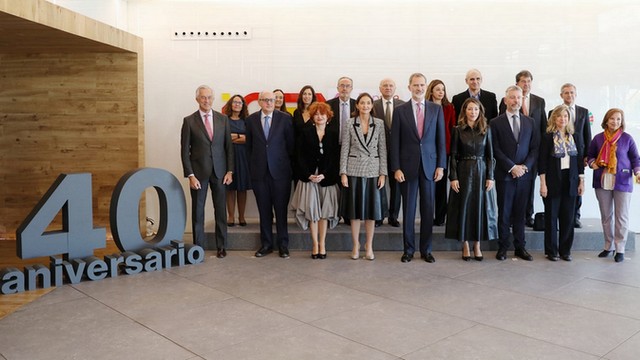News
The BERD presents the new and ambitious Country Strategy 2023-28 for Serbia
Serbia, located in the Western Balkans, faces a complex scenario of growth potential, government obstacles and infrastructure challenges. Although it has demonstrated economic resilience and progress, challenges remain in areas such as governance, energy sector reform and private sector empowerment. The European Bank for Reconstruction and Development (EBRD) is set to strategically focus on key sectors to address these issues in Serbia from 2023 to 2028.
In addition to the action of the EBRD, close coordination with the IMF and other IFIs is also expected, so that PPP (Public-Private Partnerships) opportunities continue to be promoted. In fact, in this last period, successful PPPs stood out in the transportation and environmental management sectors that will open the door to additional projects.
Strategic Priorities:
- Accelerate the Green Energy Transition: Focuses on strengthening the renewable energy landscape in Serbia. The EBRD seeks to expand renewable energy capacity, especially wind and solar, by integrating them into district heating systems. Energy efficiency, especially in building renovation, is essential.
- Improve Private Sector Competitiveness: A key focus is to empower SMEs by improving their access to financing and skills. Specific programs seek to strengthen competitiveness, especially in transitions towards green and digital. Supporting companies led by women and young people is a crucial objective, along with encouraging innovation in the startup ecosystem and investing in digital infrastructure.
- Fund Sustainable Infrastructure: The EBRD plans to catalyze investments in environmental infrastructure, especially in waste and water management, air quality and irrigation. Emphasis is placed on attracting private investment and promoting the circular economy. Facilitating the shift to rail transport, especially in European and regional corridors, is another approach.
Detailed Priorities:
Accelerating the Energy Transition
- Increase in Renewable Energy Capacity:
- Creation of regulatory frameworks and financing for solar and wind energy.
- Strengthening energy security through investments in energy networks and connections.
- Support for the decarbonization of heating systems through renewable energies.
- Energy Efficiency and Climate Resilience:
- Reducing carbon intensity through green financing.
- Investments in energy efficiency in buildings and development of supporting regulations.
- Promotion of climate resilience and the circular economy.
Improving Private Sector Competitiveness and Access to Financing
- Empowerment of the Private Sector:
- Direct financing to support competitiveness and integration in global value chains.
- Strengthening intermediated financing for SMEs, focused on green transitions and competitiveness.
- Programs to support the green transition, digitalization, and inclusion.
- Financial Inclusion and Access to Skills:
- Specific programs to finance and advise young people and women entrepreneurs.
- Support for vocational training and other initiatives to develop green and digital skills.
Financing Sustainable Infrastructure and Regional Connectivity
- Improvement of Municipal Infrastructure:
- Financing for municipal and environmental infrastructure, including waste and water management.
- Projects that strengthen adaptation to climate change and resilience.
- Transportation Network Update:
- Support for sustainable modes of transport, especially rail.
- Strengthening regional connectivity through investments in road and rail corridors.
Register on our SALT web portal and contact us at salt@ceg.es to be aware of these and other future business opportunities.
Access the full news here.





